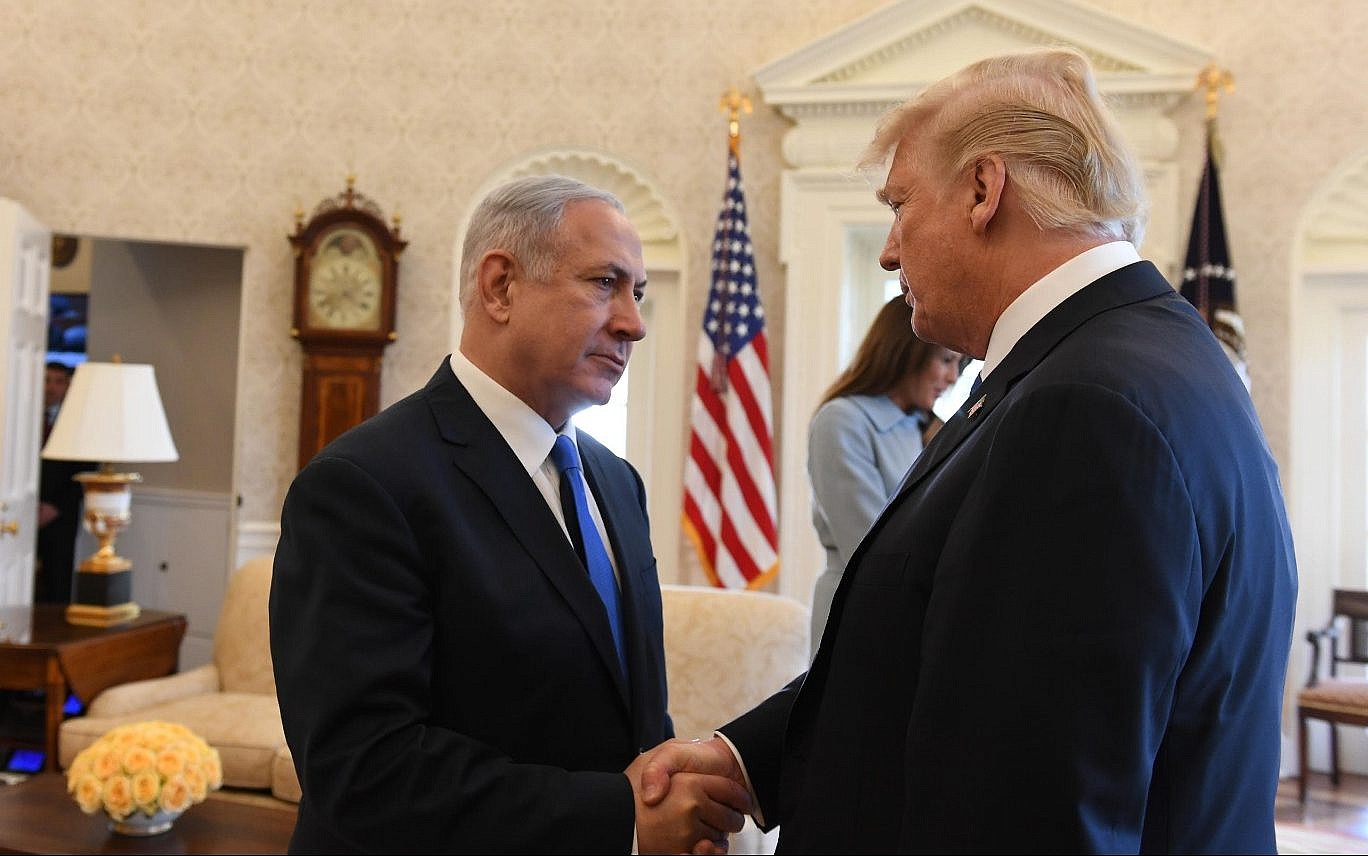Since the official establishment of the state of Israel in May 1947, the conflict between Israel and neighboring Palestine has been a contentious, complicated one. Israel assumed control over a large majority of the area formerly occupied by Arab Palestinians, and gained more land following the 1967 Arab-Israeli war, leaving a majority of Palestinians located within the West Bank and Gaza.
Since then, debates have been raged over if Palestine was (or could be considered) a country, what areas could constitute a Palestinian state — an issue made even more complicated by the construction of Israeli settlements in the West Bank, considered to be part of the Palestinian territories — and what a potential Palestinian state would look like.
The discussion on the resolution of the Israeli-Palestinian conflict and the future of the lands that comprise Israel and the Palestinian territories, the West Bank and Gaza, have mainly boiled down to two solutions: the one-state agreement and the two-state agreement.
The one-state solution would see Israel and the Palestinian territories merge into one large entity, while under the two-state solution, Palestine would become an independently recognized country, and Israel and Palestine would exist and be governed separately from one another.
Ultimately, the two-state solution to the Israeli-Palestinian conflict has dominated the discussion of the international community for a majority of the duration of the conflict. Advocating for the two-state solution has been the official policy of the United States government for decades, and the two-state solution has the backing international community at-large.
In November 2017, the United Nations reaffirmed their support for the two-state solution during the International Day of Solidarity with the Palestinian People, with the UN Secretary-General António Guterres stating, “I remain convinced that a two-state solution is the only one for a just, lasting and comprehensive peace between Israelis and Palestinians.”
The two-state solution has also been popular amongst Israelis and Palestinians. Polling conducted in previous years has indicated majority support among both groups for the two-state solution, and the creation of an independent Palestine alongside Israel.
However, recent actions taken by the governments of both the United States and Israel might complicate how a two-state solution might play out in the future, further complicating a situation that, after more than seven decades, still has not seen a resolution.
The first, of course, is the decision by the Trump administration to relocate the U.S. embassy in Israel from Tel Aviv to Jerusalem. The status of Jerusalem as Israel’s capital gives a new sense of legitimacy to Israel’s occupation of both East and West Jerusalem. According to the BBC, the 1947 armistice line gave western Jerusalem to Israel, and Israel later annexed the eastern part of the city following the 1967 Arab-Israeli war.
Although the annexation and current occupation of eastern Jerusalem is considered to be a violation of international law, Israel is still seeking to claim the undivided city as its recognized capital, and the United States’ move is the first step to legitimizing the occupation of Jerusalem. Meanwhile, Palestinians support claiming eastern Jerusalem as the capital of a Palestinian state.
Meanwhile, the second thing that continues to hinder the development of a successful two-state resolution is Israel’s policy of constructing and developing settlements in the territories occupied in the West Bank, including in East Jerusalem. The number of settlements and settlers occupying lands in the West Bank continues to grow, a move that has been supported by the Trump administration.
Although the settlements have been deemed illegal by the U.N. Security Council, Israel has continued to expand their numbers. In 2017, Israel announced its intention to construct new settlements in the West Bank, and, in reversal of previous decades of U.S. policy, Trump announced his belief that the new settlements would not be detrimental to the peace process between Israel and Palestine.
Naturally, however, the settlements have been and will continue to be a sticking point in the discussion around a permanent solution to the conflict. The settlements are not only in violation of international law, but violence committed by settlers against the Palestinian population (and to a lesser extent, violence committed by Palestinians on settlers) is a huge barrier to any form of a peace settlement.
The settlements, combined with the move of the U.S. embassy to Jerusalem, will continue to be especially detrimental to the future of the two-state resolution. The settlements have continued to expand well past the internationally agreed upon borders for Israel, encroaching into the territory that Palestinians want to use for their own state, and the United States’ decision to move their embassy to Jerusalem legitimizes Israel’s breach of international law.
This legitimacy will just continue to inspire the Netanyahu government in Israel to continue to build settlements and disregard the rights of the Palestinians to an independent state free from occupation.
The continuously expansive nature of the Israeli occupation into internationally recognized Palestinian territories threatens the ability of Palestinian leadership to solidify a recognizable territory for a State, and ultimately threatens the peace and security of both nations for the long-term.
Although the two-state solution is still more popular than the one-state solution, if policies don’t change, the future possibility of a two-state solution (and a Palestinian State) will continue to be as improbable as it has been for the past 70 years.

















